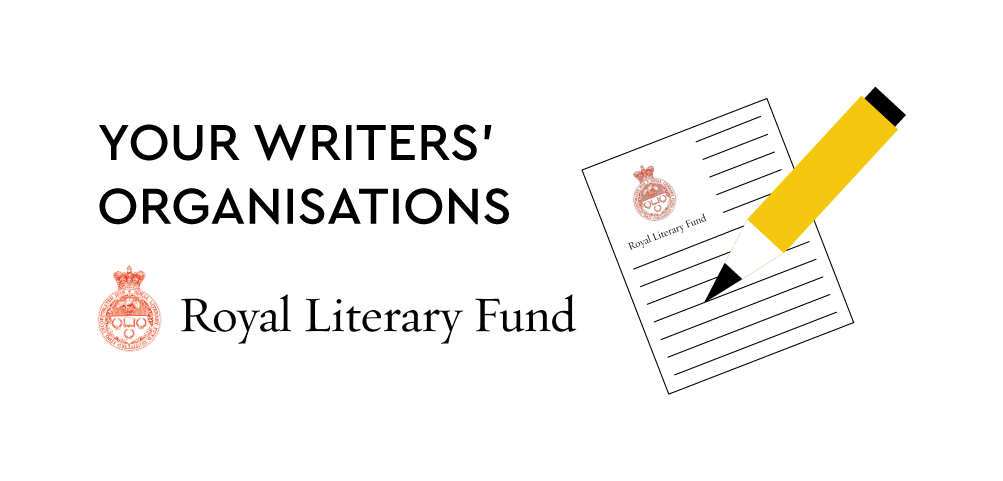GET ORGANISED: THE ROYAL LITERARY FUND

The Royal Literary Fund (RLF) was among the organisations that recently contributed to the Authors’ Emergency Fund, administered by the Society of Authors, which will make grants to writers who have found themselves financially affected by the current COVID-19 outbreak.
Providing this kind of support is nothing new to the RLF, which has been assisting authors for over 200 years. As its name suggests, the RLF is a benevolent fund for professional published authors; funded exclusively by bequests and donations from writers and others who wish to offer such help.
About the Royal Literary Fund
The RLF was founded in 1790 by a dissenting clergyman named Rev. David Williams after he found himself moved by the plight of an elderly translator of Plato called Floyer Sydenham, who had died in a debtors’ prison. Among the first to respond to the call for subscriptions to a relief fund was the Prince Regent, the future George IV. In 1842, the enthusiastic interest of Prince Albert led to the addition of ‘Royal’ to its name. The Fund still retains its royal patronage, although it receives no subsidy from government. All the RLF’s money comes from donations and legacies, which it feeds into grants for writers and the RLF Fellowship scheme. This scheme places writers in universities to help students with their writing skills and in the next academic year will see 115 RLF Fellows in 83 university posts across the UK, helping to develop the next generation of writers.
How the RLF has helped
The RLF’s endowment is carefully invested so writers both present and future can be helped in cases of hardship. It currently provides financial assistance for around 200 writers every year, in many different situations where personal or professional setbacks have resulted in loss of income. It also provides pensions for older writers who have seen their earnings decrease.
Here are some recent case histories of writers the RLF has supported:
- A biographer had experienced a particularly bad year. She had broken her wrist and been unable to write for several months. Her husband, who suffered from chronic depression, had required increased support while his medication was changed. Her latest book was two years away from publication. The couple were thinking of selling their house to help clear their debts. The RLF gave her a grant to help her through a difficult period.
- A prolific comic crime writer had suffered a stroke which had affected his mobility and his short-term memory. He had had to leave his salaried job and was unable to concentrate on writing. The RLF awarded him a grant and invited him to apply again in a year’s time.
Applying for funding
You can apply for support from the RLF if you are suffering financial hardship and have had several works published in the UK for a general readership, without publication being subsidised by you or others. Self-published authors are not eligible.
The RLF Committee has to pass applicants for literary merit before they are eligible for help. The Committee meets eleven times a year to consider applications. A decision on literary merit and on the award of a grant or pension is made at the same meeting and the applicant is informed straightaway.
The application form requests details of income and expenditure and applicants are requested to send copies of published work with the completed form. A member of RLF staff will arrange to discuss with applicants their application and their circumstances.
The Royal Literary Fund remains fully functional during this period of great uncertainty just as it always has done through many national crises, including two world wars. Now, as then, applications will be assessed without delay.
For more information on how to apply, please go to rlf.org.uk/helping-writers/applying-for-help
Information about the Authors’ Emergency Fund can be found at societyofauthors.org/Grants/contingency-funds
